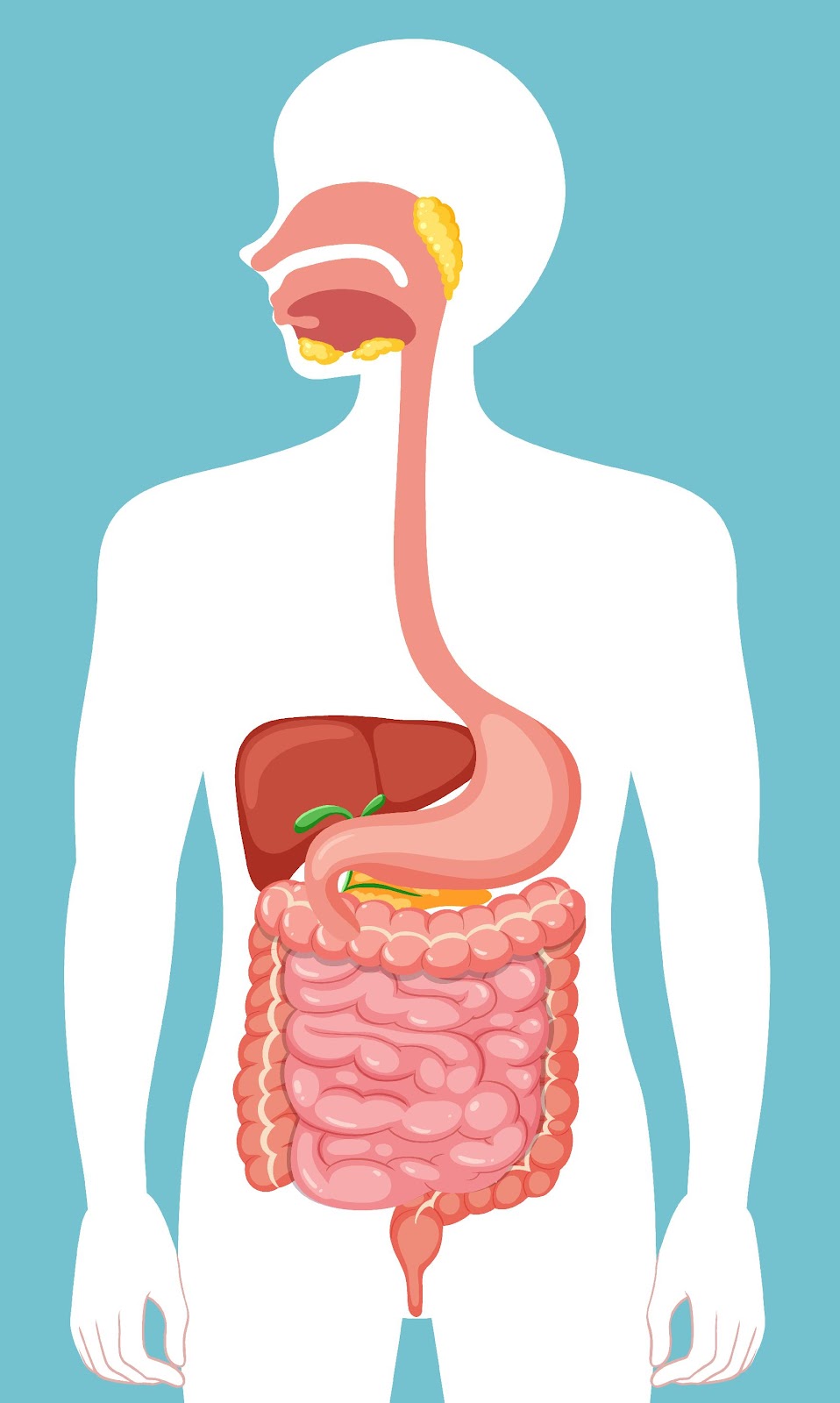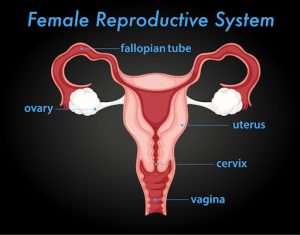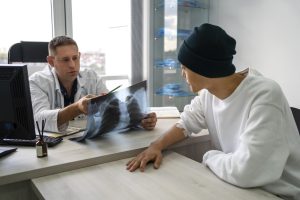Disclaimer:
This article is for information purposes only. It is not a substitute for medical advice or treatment. Seek medical care for your treatment.
What is diverticulitis and diverticulosis?
Diverticulitis:
Diverticulitis is the redness or infection of the pouches that can develop in your intestines. Theses pouches are called diverticula. Generally diverticula are not injurious. They can appear anywhere in your intestines. If you have them it is known as diverticulosis. If they become infected or inflamed then you have diverticulitis. Sometimes diverticulitis is not acute but it can also be severe with mighty infection or rupture in your bowel.
Diverticulosis:
Diverticulosis is a medical condition when small, protruding pouches develop on the wall of your bowel. They generally develop in the colon’s lower section. You have these pockets if you have diverticulosis. The majority of diverticulosis patients do not experience any symptoms or issues. However, the pouches can occasionally become reddened or produce symptoms.
What is diverticular disease?
Diverticular disease kicks in when the pouches cause:
- Chronic symptoms
- Diverticular bleeding
- Diverticulitis or diverticulitis complications
How prevalent is diverticulitis?
Diverticulosis is prevalent, particularly among the elderly. Diverticulosis affects more than one-third of adult Americans between the ages of 50 and 59. Among those over 80, more than two thirds have it. The majority of those people won’t have any issues or symptoms. However, a few of them will get diverticulitis.
Types of diverticulitis:
- Acute/chronic: diverticulitis starts as an acute problem, which means that it begins abruptly and diminishes shortly with the treatment. Some people have repeated episodes of diverticulitis and some people develop chronic inflammation. There are various theories about why this happens. It can be because severe episode didn’t heal properly or it may be linked to another acute condition in your colon.
- Complicated/uncomplicated: generally diverticulitis is uncomplicated, which means that swelling and infection are the extents of the issue. It recovers speedily with the right treatment. Diverticulitis leads to complications when the redness starts to create secondary problems. For example, severe inflammation may lead to a diverticulum to rupture and chronic inflammation may result in scarring.
Causes of diverticulitis:
Diverticula happen when feeble places in your colon let out, causing small pouches to bulge through your colon wall. Diverticulitis develops when the diverticula tear leading to sometimes infection and inflammation. Doctors are not certain why some people get diverticulitis while some don’t. Some people with diverticulitis are unmindful of the fact that they have it. Chances of having diverticulitis are higher as you grow older. It is prevalent when you are above 40 years of age. Some of the risk factors are:
- Being obese
- Smoking
- Lack of physical exercise
- Eating plenty of fat and red meat but not much fiber
- Consuming various kinds of drugs, including steroids, opioids and non-steroidal anti-inflammatories like ibuprofen or naproxen
Diverticulitis and diverticulosis can lead to various other problems:
People with diverticulitis and diverticulosis can cause chronic health issues. Diverticular bleeding occurs when a small blood vessel within the wall of a pouch ruptures. The bleeding is acute and sometimes detrimental to health. People with diverticulitis can also lead to chronic problems such as:
- Abscess caused by infection
- Fistula, an irregular opening or passage between the colon and another part of the body such as bladder or vagina.
- Intestinal obstruction an incomplete or total obstruction that keeps food, fluids, air or stool from moving through your intestines
- Perforation or a hole in colon
- Peritonitis an infection of the lining of the abdominal cavity
Symptoms of diverticulitis and diverticulosis:
Diverticulosis does not cause symptoms but in some cases chronic symptoms appear, such as:
- Bloating
- Constipation or diarrhea
- Cramps in the lower abdomen
Diverticulitis pain is severe and appears suddenly. Some of the diverticulitis acute symptoms are:
- Abdominal pain mostly in the left side of the abdomen
- Constipation
- Fever or chills
- Nausea and vomiting
When to seek medical attention?
If you experience certain symptoms of diverticulitis immediately consult your doctor. You often don’t need to call your general practitioner if you have diverticular disease symptoms and the ailment has already been discovered because you can treat the symptoms at home. Irritable bowel syndrome can also develop similar symptoms to diverticular disease. Consult your GP if you have not been diagnosed with the condition so that he can dismiss other conditions with similar symptoms, such as:
- Stomach ulcer
- Pancreatitis
- Cholecystitis
- Bowel cancer
Conclusion:
An unusual side effect of diverticulosis is diverticulitis. Even less frequently develop diverticulitis that results in complications of its own. If it occurs for you, however, you may require emergency attention. Consult a physician straight away if you experience diverticulitis symptoms. They will determine the course of therapy you require, whether it can be safely administered at home, and whether you must remain in the hospital.




